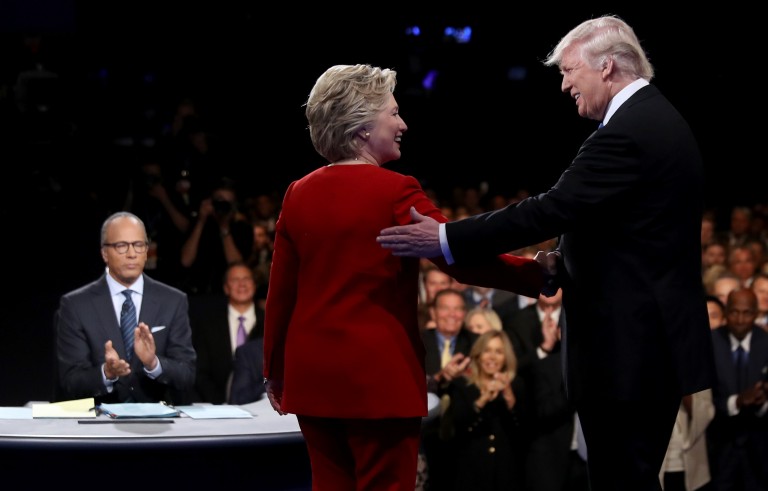
W.J. Astore
Today brings yet another announcement of more U.S. troops to Iraq. This time 600 are being sent as logistics support, advisers, and enablers (that term, “enabler,” is fuzzy indeed: enabler of what? More failure?). That brings the number of U.S. troops in Iraq to more than 5200, but of course this figure seriously under-represents the American presence in the region. Nowadays, most “troops” are provided by private contractors, and many of these are U.S. military veterans who discovered they could make a lot more money wearing mufti than in Uncle Sam’s uniforms. At the same time, the U.S. continues to provide heavy-duty weaponry to the Iraqi military, including Apache attack helicopters and the HIMARS rocket system. All of this is intended to help the Iraqi military retake the city of Mosul.
That the U.S. is yet again providing more troops as well as heavy weapons as “force multipliers” highlights the failure of U.S. military efforts to “stand up” an effective Iraqi military. The enemy, after all, has no Apache helicopters, no HIMARS system, and no U.S. advisers, although we certainly “enable” them with all the U.S. weaponry they’ve been able to capture or steal. Despite a lack of U.S. military training and aid, ISIS and crew have proven to be remarkably resilient. What gives?
Two years ago, I wrote an article at TomDispatch.com on “America’s Hollow Foreign Legions.” Back then, I said this:
Military training, no matter how intensive, and weaponry, no matter how sophisticated and powerful, is no substitute for belief in a cause. Such belief nurtures cohesion and feeds fighting spirit. ISIS has fought with conviction. The expensively trained and equipped Iraqi army hasn’t. The latter lacks a compelling cause held in common. This is not to suggest that ISIS has a cause that’s pure or just. Indeed, it appears to be a complex mélange of religious fundamentalism, sectarian revenge, political ambition, and old-fashioned opportunism (including loot, plain and simple). But so far the combination has proven compelling to its fighters, while Iraq’s security forces appear centered on little more than self-preservation.
Despite an ongoing record of failure, pulling out of Iraq is never an option that’s considered by the Pentagon. The only option our leaders know is more: more troops, more weapons, more money. As I wrote for TomDispatch back in October 2014:
pulling out is never an option, even though it would remove the “American Satan” card from the IS propaganda deck. To pull out means to leave behind much bloodshed and many grim acts. Harsh, I know, but is it any harsher than incessant American-led bombing, the commitment of more American “advisers” and money and weapons, and yet more American generals posturing as the conductors of Iraqi affairs? With, of course, the usual results.
Here we are, two years later, and nothing has changed. The war song remains the same, as discordant as ever, with a refrain as simple as it is harsh: putting out the fire with gasoline.










